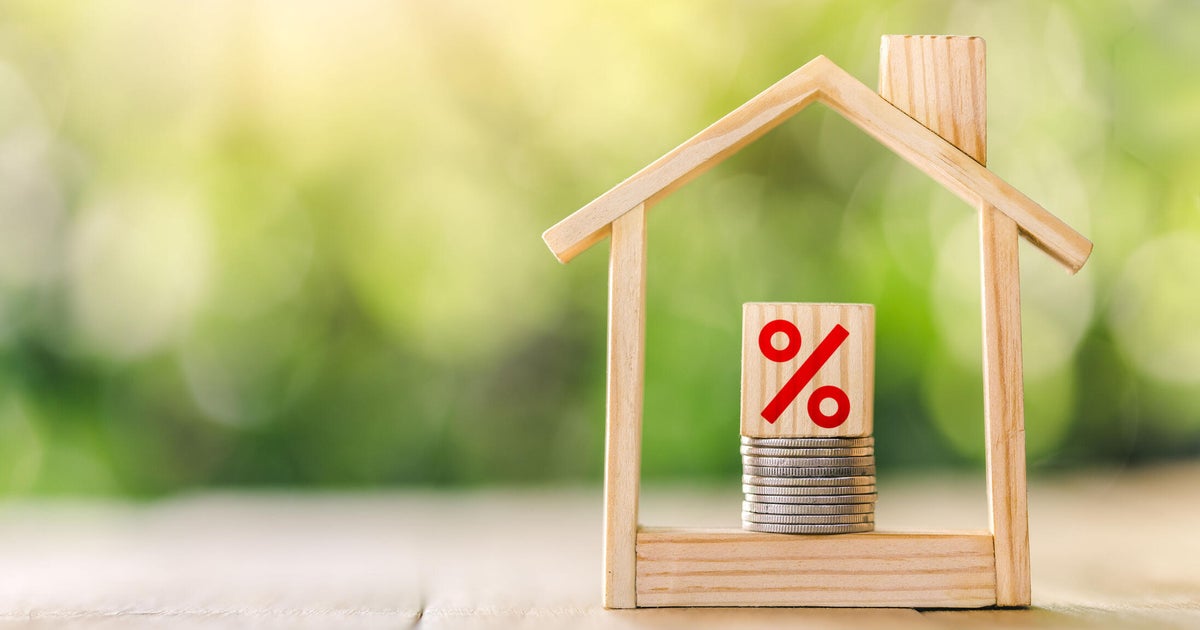What home equity borrowing option makes sense with inflation dropping? Experts weigh in
The economy continues to significantly impact borrowing rates. For example, over the last year or so, stubborn inflation, geopolitical conflicts and other factors have kept interest rates elevated. Consequently, the Federal Reserve continues to take a cautious stance on interest rate cuts to control inflation.
The ongoing inflationary issues and high interest rates are contributing to elevated home equity loan rates. Even so, home equity loans typically have lower rates than other financing options like credit cards and personal loans. According to current data from the Federal Reserve, credit card and 24-month personal loan interest rates average 22.63% and 12.49%, respectively. Meanwhile, the average home equity loan interest rate is currently 8.60% (as of June 25, 2024).
The most recent inflation report shows that consumer prices rose 3.3% in May compared to the year prior. That rate, while high, is still slightly lower than April's 3.4% inflation rate — and it could, in turn, have an impact on home equity loan rates. As such, we consulted several mortgage loan experts to review different borrowing options and determine which ones may make sense with inflation cooling.
Find out more about how the right home equity borrowing option could benefit you today.
What home equity borrowing option makes sense with inflation dropping? Experts weigh in
Here's what experts have to say about the best home equity loan borrowing option now that inflation is cooling:
Home equity loans
Home equity loans may be a good option if you're looking to access equity as cash to consolidate debt, address an emergency or pay for a major home renovation.
"In a low interest rate environment, which could occur soon if inflation cools and the Fed lowers rates, a home equity loan or cash-out refinance could make the most sense," says Michael Collins, founder and CEO at WinCap Financial. "A home equity loan is often taken as a lump sum that has a fixed interest rate, making it a good option for those who want to have monthly payments that are predictable."
"Home equity loans are secured by a lien on your property and can go behind a first mortgage lien. They are popular because they do not require you to refinance your first mortgage, which is especially important if you are content with your current interest rate and payment," Ali Nassirian, vice president of consumer and home lending at Travis Credit Union, notes.
In the current rate environment, you may want to reduce your payment with a longer term.
"Equity loans can have longer terms. There are scenarios where they go to 20 to 30 years on equity loans so you can stretch the payment out," says Nassirian.
Be aware, though, that longer loan terms will typically result in lower monthly payments but could cost more in overall interest over the life of the loan.
Compare today's top rates on home equity borrowing options here.
Home equity lines of credit
Unlike home equity loans, which distribute your funds in one lump sum, home equity lines of credit (HELOCs) work more like a credit card. You can borrow when you need it for as much as you want up to your limit and only pay interest on the amount you borrow. HELOCs can be a good option when you need flexible access to funds for ongoing expenses or projects.
HELOCs typically come with a variable interest rate, which could work in your favor if interest rates fall.
"If your expectation is that the worst of inflation is over, getting an adjustable rate HELOC would be your best option. As soon as you hear that the Fed has lowered rates, your rate — if tied to the prime (rate) — will come down right away [by] that same amount. Your cost of borrowing will be dropping every time the Fed lowers rates and you will not have to lift a finger," Craig Garcia, president at Capital Partners Mortgage, says.
"A home equity loan that has amortizing payments was a smart move when rates were low, and you could take advantage of the fact that the rate is fixed with this type of product. As we enter the Fed's rate-cutting cycle, a HELOC makes more sense as you will be able to benefit with a lower monthly payment as rates go down," Sarah Alvarez, vice president of mortgage banking at William Raveis Mortgage, says.
Cash-out refinance loans
A cash-out refinance doesn't make sense for most homeowners right now. This type of loan replaces your original mortgage with a new, larger one and allows you to pocket the difference as cash, but in today's rate environment, most homeowners already have a lower rate than today's average.
According to a 2023 Reffin study, nearly 92% of homeowners have mortgage rates below 6%. Meanwhile, the average mortgage rate on a 30-year fixed-rate mortgage is 7.00% as of June 25, 2024. And, in recent years, homeowners haven't wanted to sacrifice their low-rate mortgages — some with rates in the 3% and 4% range obtained during the pandemic — for higher-rate ones.
But while refinancing at a lower rate isn't possible for most homeowners, it may be a good option in some scenarios. For example, if you have an older mortgage with a high rate or a more recent mortgage obtained during this period of elevated rates, refinancing may help you secure a lower interest rate and save money.
"As rates come down, we will see many people choose just to do a cash-out refinance in order to lock in a better long-term fixed rate," says Alvarez. "People also use cash-out refinances to make changes to how the title is held or who is on the mortgage."
The bottom line
No matter what borrowing option you're considering, the most important priority is to make sure you can comfortably afford the payments and understand all the loan's terms. And as with any financial product, consider the pros and cons of using home equity before proceeding.
If you're considering a variable rate for a long-term loan, remember that while rates are currently dropping, they can also increase at any time and impact your future payments. If you're unsure what borrowing option may serve you best, consider consulting your financial advisor.




